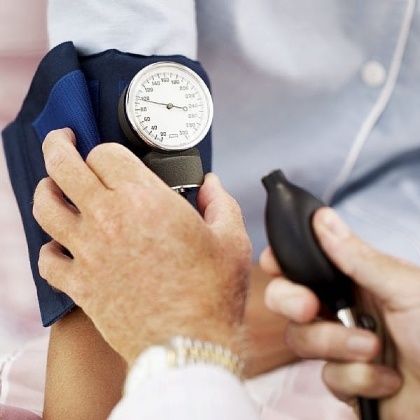Blood Pressure: Overview
Blood pressure is the pressure exerted as your heart and vessels work to pump blood through your body. It rises with each heartbeat and falls when the heart relaxes between beats–maintaining a certain amount of pressure within the arteries.
When your blood pressure numbers are in a moderate range, your body is healthy, but a rise can cause a myriad of health problems.
“High blood pressure typically doesn’t exhibit any symptoms and is often only detected during a routine doctor’s visit,” says Jeffrey Basa, MD, FACP, Internal Medicine Physician on staff at Carson Tahoe Regional Medical Center. “In the meantime, however, the condition can silently damage your body without you even knowing it.”
Potential Health Problems
What damage can high blood pressure cause? Let’s take a look:
- Arteries – In response to the increasing pressure of blood flow, the arteries thicken and narrow. Eventually, this can lead to decreased blood flow to the organs.
- Heart – The heart needs more blood and is forced to work harder. Because the arteries have narrowed, however, they may not be able to get the extra blood and oxygen to the heart. This can lead to coronary artery disease, an enlarged heart, and heart failure.
- Brain – The arteries in the brain narrow, the blood flow to the brain diminishes which can lead to a stroke.
- Kidneys – Problems such as kidney failure, kidney scarring, and kidney artery aneurysms.
- Eyes – Tiny arteries in your eyes may become blocked or rupture and bleed into the retina, leading to swelling in the optic nerve, blurred vision, and blindness.
Dr. Basa recommends the following in order to help keep your blood pressure in check:
- Eat a nutritious diet that includes fruits and vegetables.
- Maintain a normal weight for your height.
- Reduce your sodium and caffeine intake.
- Keep your stress levels in check.
- Get enough sleep.
- Don’t smoke.
- Know your blood pressure and have it checked regularly.
If you need assistance or are experiencing symptoms of high blood pressure, talk with your physician immediately. If you don’t have a physician, access our physician directory or call the physician directory hotline at (800) 752-8882.







